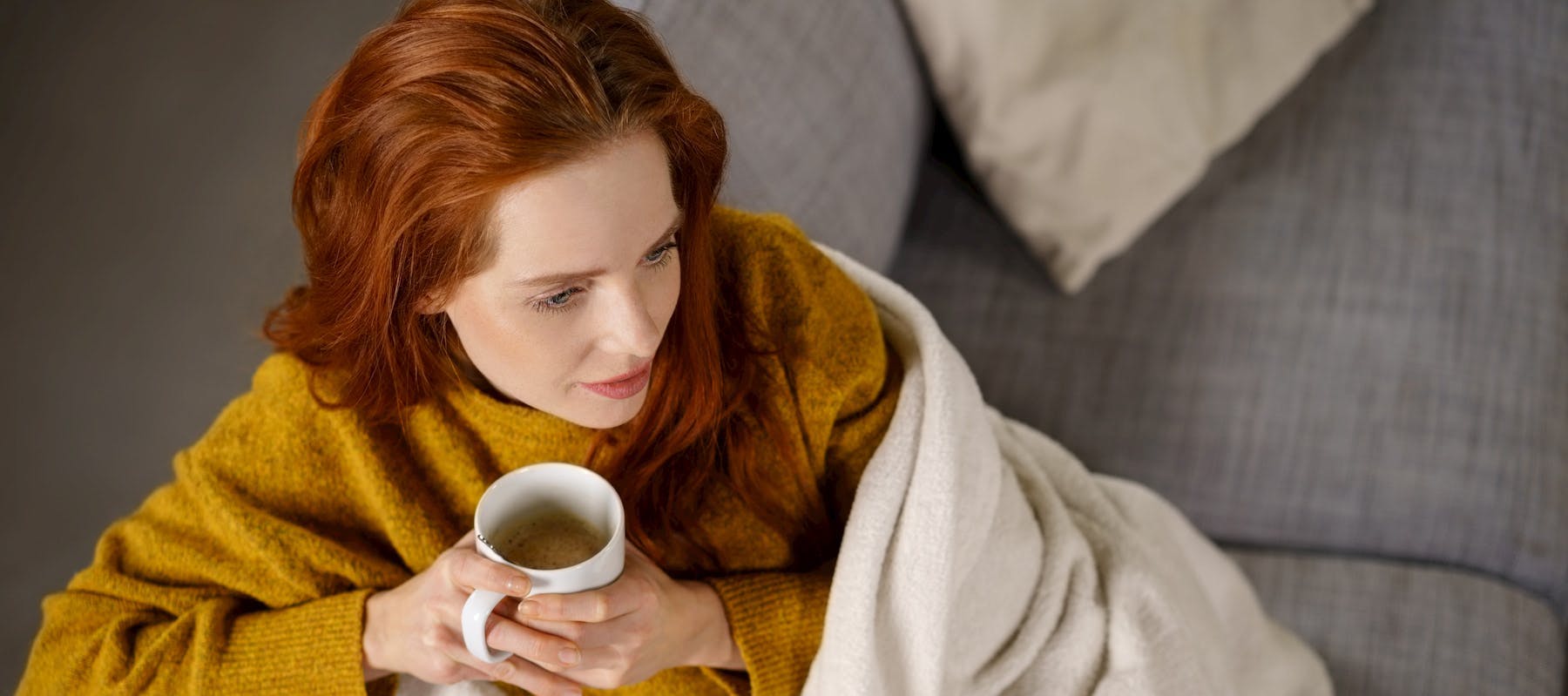Travel-related illness: prevention tips for the holidays
Medically reviewed by Dr. Betsy Koickel, MD on November 17th, 2025.
Traveling is a great way to have new experiences and connect with loved ones, but it can also lead to exposure to new illnesses. And unfortunately, holiday travel is right during cold and flu season, increasing the risk of post-travel illness.
If you are planning on traveling this holiday season, here are some prevention tips for staying healthy so you can enjoy your trip to the fullest..
What are travel-related illnesses?
Travel-related illnesses are health problems people often get while traveling. They can occur during any travel, no matter the season, but can be more common during the colder months when respiratory illnesses are circulating at higher levels.
Traveler’s illnesses may include respiratory infections (cold, flu, COVID-19), gastrointestinal issues (food poisoning, traveler’s diarrhea) and other infections from close contact, stress or exposure to new environments.
Why are the holidays a risk for travel-related illnesses?
The holidays, unfortunately, take place during cold and flu season, which is when many respiratory illnesses are circulating at their highest rates. Illnesses spread more readily during this time due to colder weather, low humidity and more time spent indoors.
Additionally, the holidays are a busy time for travel, and airports are crowded with people trying to get home to see family or enjoy time off during the holidays. You may also attend more gatherings during this time, where germs can spread easily. This leaves travelers at higher risk of contracting an illness during this busy season of travel and celebration.
During the holidays, we are often under stress, not eating the healthiest diets and may not be getting the rest we need. All of this increases our risk of getting sick.
How to prevent travel-related illnesses during the holidays
Holiday travel can expose you to more germs and stress that can impact your immune system, but there are practical steps you can take to lower your risk of getting sick.
One of the best things you can do to prevent traveler’s illness is to stay up-to-date on vaccines. Start by speaking to your healthcare provider about which vaccines are recommended for you. If you are traveling internationally, be sure to check if any special vaccines are recommended for your destination.
Before you travel, consider investing in traveler’s insurance for illness. While it won’t prevent you from getting sick, it can help cover unexpected medical care, prescription needs or trip interruptions due to illness.
Healthy travel habits and hygiene
Practicing good hygiene can help lower your risk of travel-related illness. The best thing you can do is wash your hands regularly, particularly after using the bathroom or touching high-touch areas. If you cannot wash your hands, use a hand sanitizer with at least 60% alcohol. Always avoid touching your face and eyes.
Consider bringing disinfecting wipes with you to wipe down airplane trays, seat belts, door handles and hotel remotes before use. A travel kit with basic medications, such as over-the-counter pain relievers, medications for digestive concerns and basic cold and flu remedies can help you feel prepared.
Be sure your trip includes some time to rest. Getting adequate sleep can help your body fight off illness and stay healthy.
Maintaining a healthy diet and staying hydrated
Even if you are traveling, your body still needs quality nutrition. It's ok to indulge in some treats, but be sure to include whole foods—like fruits, vegetables, lean proteins and whole grains—to keep energy levels steady while traveling. Limiting processed snacks and sugary foods can also help.
Drink water regularly throughout your journey, especially on planes where the air is dry. Consider bringing along a refillable water bottle you can keep with you. Alcohol and caffeine can contribute to dehydration and disrupt sleep, which makes it harder to stay healthy while traveling.
When you return home, be sure to get back on track and lock in those healthy habits like a balanced diet, regular exercise and adequate sleep.
What to do if you feel ill while traveling
If you start to feel ill while traveling, the first step is to rest and stay well-hydrated, as fatigue and dehydration can make symptoms worse.
Use any basic medications from your travel health kit to relieve your symptoms, and practice good hygiene to avoid spreading germs to others.
If your condition doesn’t improve or worsens, seek medical care at a local clinic, urgent care or hospital. Contact your travel insurance provider if you need assistance with medical costs or referrals. Finally, let any travel companions know so they can take precautions and monitor their own health.
FAQs
Here are some frequently asked questions about travel-related illnesses.
What are the most common travel-related illnesses during the holidays?
The most common travel-related illnesses during the holidays are colds, flu, stomach bugs, and respiratory infections due to close contact, stress and disrupted routines.
How can I prevent getting sick while traveling for the holidays?
You can prevent getting sick while traveling for the holidays by washing hands often, staying hydrated, eating balanced meals and avoiding close contact with sick individuals.
Should I get vaccinated before traveling for the holidays?
Yes, you should get vaccinated before traveling for the holidays, especially for flu and COVID-19, to reduce your risk of infection and spreading illness.
Can stress and lack of sleep affect my immune system during travel?
Yes, stress and lack of sleep can weaken your immune system during travel, making you more vulnerable to infections.
How can I protect my family from getting sick during holiday travel?
You can protect your family from getting sick during holiday travel by encouraging hand hygiene, packing disinfecting wipes, staying current with vaccines and ensuring good sleep and nutrition.


